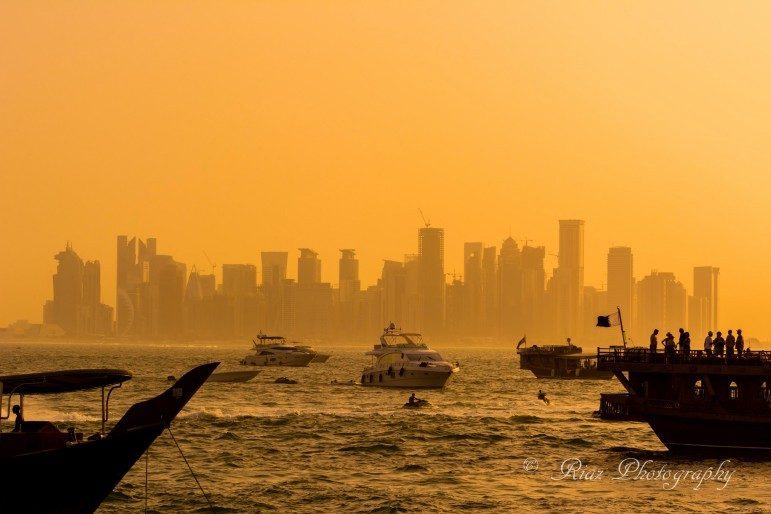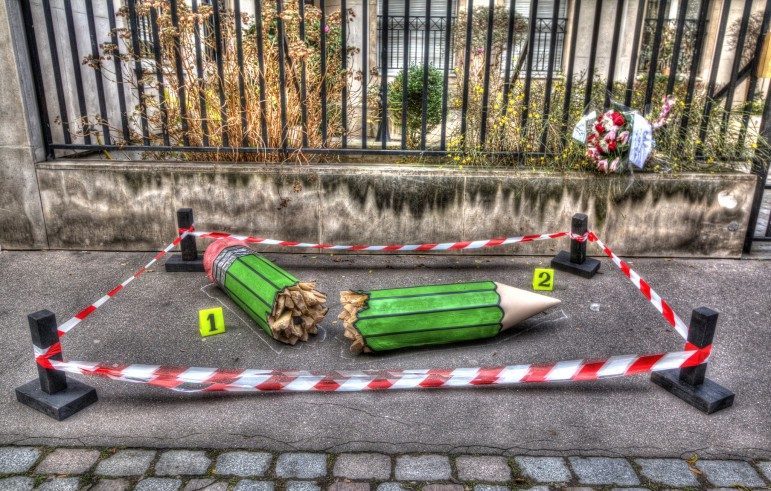
The UAE has beat out Qatar as having the most trustworthy government in the Middle East this year, according to the latest international corruption rankings.
Qatar is now considered to be the second least corrupt country in the region, the 22nd annual edition of the Corruption Perception Index 2016 states.
It ranked Qatar 31st out of 176 nations. This is down nine places from last year due in part to World Cup corruption questions and human rights concerns, the report said.
Meanwhile, the UAE fell one spot to 24th.
http://www.transparency.org/cpi2016
States are ranked according to their levels of public sector corruption. This is judged by around a dozen world institutions such as the World Bank, the International Monetary Fund, Economist Intelligence Unit and the Asian Bank.
Denmark tied with New Zealand for the top spot in this year’s index, while Somalia once again came in last place. The UK maintained its 10th place ranking while the US fell two spots to 18th.
Drastic declines in the Middle East
According to Berlin-based Transparency International, Qatar had the sharpest decline in the region this year in terms of its score (not ranking).
It attributed the 10-point drop to “FIFA corruption scandals, especially around the votes to host the 2022 World Cup, in addition to human rights violations of migrant workers.”
Other Gulf countries also dropped down the index, due to suppression of public freedoms and the absence of active, independent civil societies, the report said:
- Saudi Arabia went from 48th to 62nd;
- Kuwait fell from 55th to 75th;
- Bahrain plummeted from 50th to 70th; and
- Oman fell from 60th to 64th.
Qatar and the UAE were the only Arab countries that ranked above average in the index.
Some 90 percent of other nations in the region received failing grades. And five of the 10 most corrupt countries in the world were from the MENA region.
This includes Iraq, Libya, Sudan, Yemen and Syria.
What can be done
According to Transparency International, low rankings often translated into a link between corruption and inequality.
These factors lead to unequal power and wealth distribution, it said.

It added that countries with higher rankings tend to have “higher degrees of press freedom, access to information about public expenditure, stronger standards of integrity for public officials and independent judicial systems.”
In terms of the MENA region, the report urged leaders to improve their standing by protecting freedom of expression.
It also said governments should “stop persecuting anti-corruption activists, whistleblowers, and civil society organizations.”
Thoughts?






